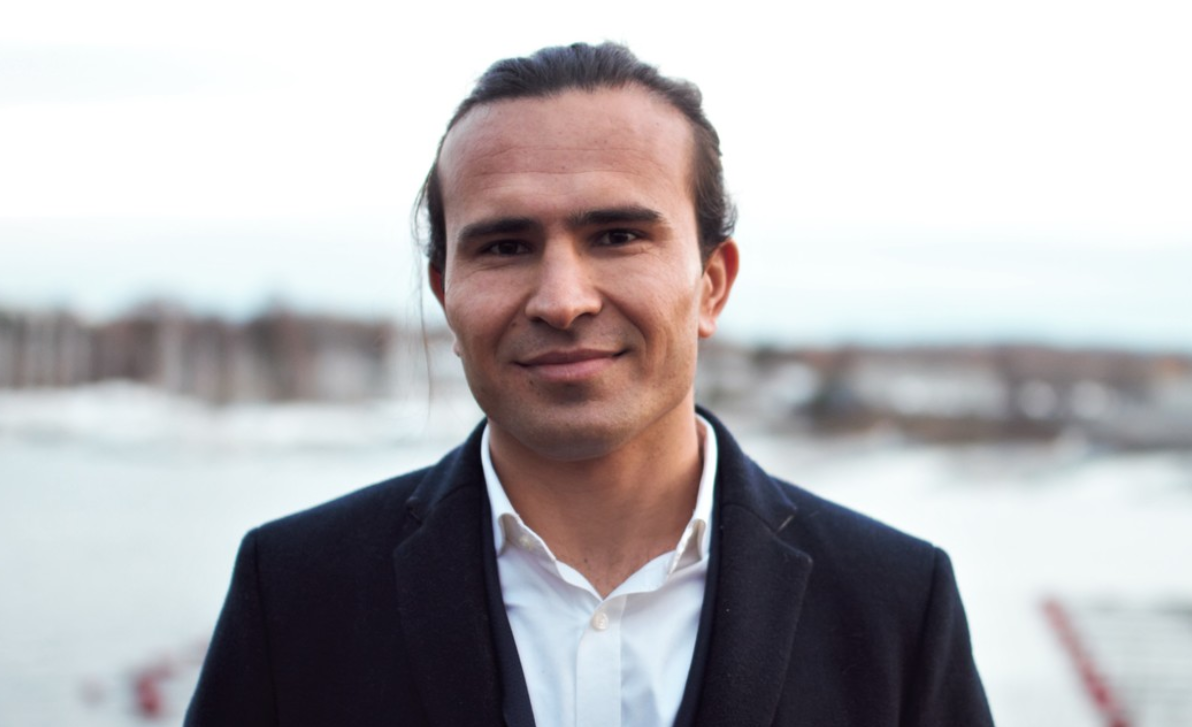


With this, Norway has finally equated asylum seekers who are atheists / non-believers with those who apply for asylum on the basis of conversion.
In December, new guidelines were issued by the Ministry of Justice for the processing of asylum cases, who state fears of persecution on the basis of religion. The guidelines emphasize that atheists or non-believers, people who have left a religion, should be treated equally with those who have converted to another faith.
Until recently, the practice has been that Christian converts from Afghanistan who have been considered “real” converts have always been granted asylum. The same could not be said for atheists or non-believers, as the state often determined that it was safe to live as a “hidden”, “non-missionary atheist” in Kabul, and thus they could safely return. . The new guidelines state that no asylum seeker can be forced to conceal the practice of their religion or outlook on life in order to avoid persecution in the event of a return. The move brings the Ministry of Justice’s guidelines into line with international human rights mechanisms, which establish that,
“religious belief, identity or way of life is considered as so fundamental to human identity that one should not be compelled to hide, change or renounce it in order to avoid persecution.”
A dangerous country for non-believers
A few months ago, Landinfo – an independent body within the Norwegian Ministry of Justice and Public Security that is responsible for collecting, analysing and presenting country of origin information to the immigration authorities for use in the determination of asylum applications – released a new report (available in Norwegian here) examining the situation of atheists, non-believers and people accused of blasphemous actions in Afghanistan. The report cites, among other things, the Freedom of Thought Report, which documents the human rights situation of atheists, humanists and non-believers worldwide.
Landinfo’s report emphasizes that apostasy from Islam and blasphemy can ultimately be punished with death in Afghanistan, although this has not happened since the fall of the Taliban. Nevertheless, the report states that violations of Islam have a strong mobilizing force in society, and refers to several examples where mobs have killed people accused of ‘blasphemous’ actions or attitudes. The report therefore leaves little doubt that openly declaring oneself an atheist in Afghanistan is associated with great danger.
Reports from Landinfo are used by the Directorate of Immigration and the Immigration Appeals Board when assessing whether an asylum seeker is entitled to stay in Norway or not.
A victory for equal treatment
Human-Etisk Forbund – a Member Organization of Humanists International – has worked tirelessly to support members of the humanist community seeking asylum in Norway, and Moradi’s case in particular.

Trond Enger, Secretary General of the Human-Etisk Forbund
In response to the latest developments, Secretary General of the Human-Etisk Forbund, Trond Enger, said:
“We are very pleased that the Norwegian immigration authorities now treat non-believing asylum seekers equally with those who have converted. This is clearly a victory for humanistic principles, both in the Norwegian immigration administration, and for persecuted humanists around the world.”
Josef Moradi received the Humanist Award in 2019, for giving voice and face to the difficult situation for non-believers in a world where religion is constantly used to restrict fundamental rights.
The Human-Ethical Association has assisted the Norwegian immigration authorities in the development of new interview guides for asylum seekers who apply on the basis of atheism.
In November 2020, the Human-Ethical Association submitted a consultation response regarding the processing of cases concerning conversion in the Immigration Appeals Board to the Ministry of Justice and Emergency Preparedness.

Emma Wadsworth-Jones, Casework & Campaigns Manager
Humanists International’s Humanists at Risk Coordinator, Emma Wadsworth-Jones, said:
“We have seen time and again that the persecution of humanists – and the non-religious more generally – is rarely treated by immigration officials across the globe as having equal consequence compared to applications from religious individuals. Many individuals reaching out to Humanists International report having to hide their non-religious beliefs from even their closest family members, and the heavy psychological burden that not living by one’s deeply held convictions places upon them. We hope that other states will follow the Norwegian example.”